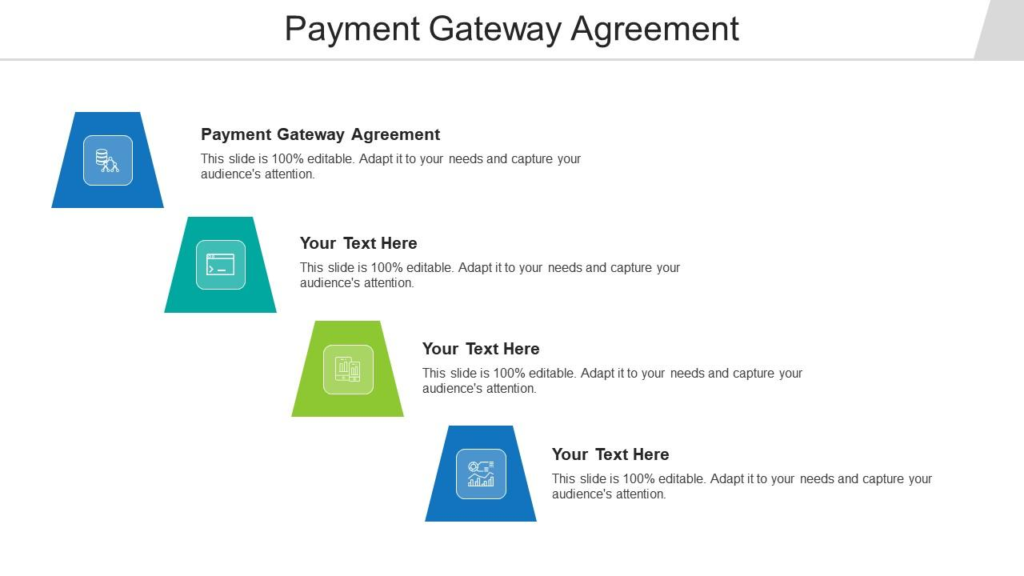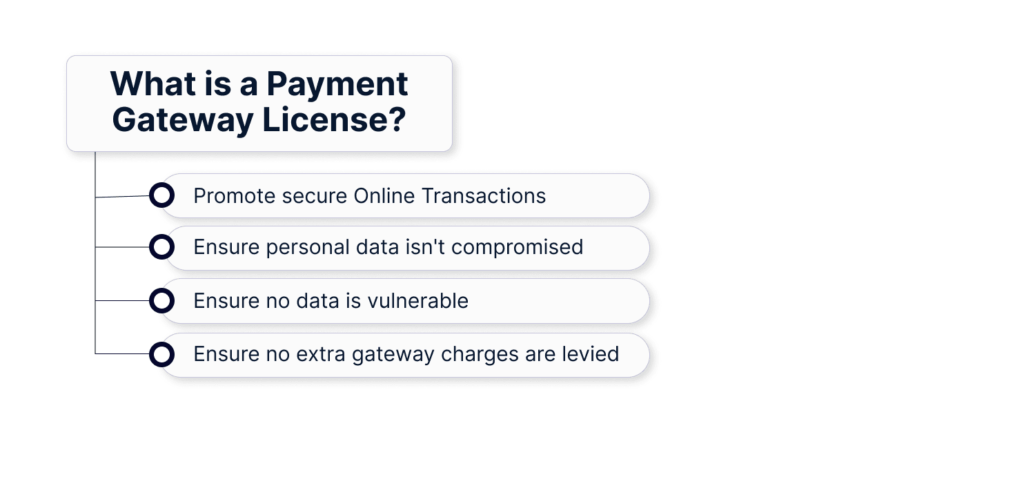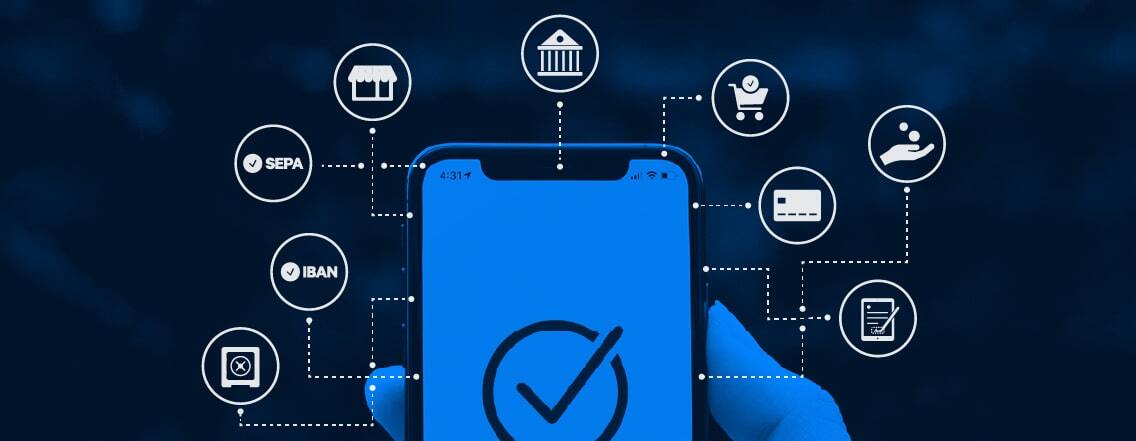AUTHOR : ADINA XAVIER
DATE : 21/09/2023
In today’s digital age, where online transactions[1] have become the norm, it play a pivotal role in ensuring smooth and secure financial transactions[2]. Whether you’re a business owner or a consumer, understanding the nuances of these agreements is crucial. In this comprehensive guide, we will delve into the world of it, shedding light on their significance, key components, and how they impact both businesses and consumers[3].
Introduction
Payment gateway agreements[4] are the unsung heroes of online commerce.[5] These legally binding contracts govern the relationship between businesses and payment service providers, ensuring that transactions are conducted securely also efficiently. In this article, we’ll demystify payment gateway agreements, exploring their purpose, components, and implications for both businesses and consumers.
What Is a Payment Gateway Agreement?
Understanding Payment Gateways
Before we dive into the intricacies of payment gateway agreements, let’s clarify what payment gateways are, Payment gateways[1] are technology solutions that facilitate online transactions by securely transmitting payment information between the customer and the merchant.

The Role of Agreements
A payment gateway agreement is a contractual arrangement between a business also a payment service provider. It outlines the terms and conditions under which the payment gateway services will be provided. This agreement serves as a safeguard, protecting the interests of both parties involved in the transaction.
Key Elements
Payment gateway agreements are not one-size-fits-all. They can vary in complexity, but they typically contain the following key elements:
Parties Involved
The agreement should clearly identify the parties involved: the merchant (business) also the payment service provider. This establishes who is responsible for what in the transaction process.
Terms and Conditions
Payment gateway agreements lay out the rules and conditions that both parties must adhere to. This includes payment processing[2] times, dispute resolution procedures, also liability clauses.
Transaction Processing Fees
Details about transaction fees, including setup costs and per-transaction charges, are usually outlined in the agreement. Understanding these fees is essential for businesses to plan their financial strategies effectively.

The Importance for Businesses
Legal Protection
It provide legal protection for businesses. They define the responsibilities and liabilities of both parties, reducing the risk of disputes and legal complications.
Risk Mitigation
By specifying security protocols and data protection measures, these agreements help mitigate the risk of fraud and data breaches, safeguarding both the business its customers.
Customer Trust
Transparency[3] and adherence to a well-defined agreement build trust with customers. When consumers see that a business follows established guidelines, they are more likely to make online purchases with confidence.
Consumer Perspective
Transparent Billing
Payment gateway agreements affect consumers directly when it comes to billing. Understanding how and when transactions will be processed helps consumers manage their finances effectively.
Dispute Resolution
In the unfortunate event of a dispute, the agreement outlines the steps to be taken. This clarity simplifies the resolution process for consumers.
Data Security
Consumers’ sensitive payment information is at stake in online transactions. Payment gateway agreements ensure that businesses take the necessary measures to protect this data.

Common Pitfalls to Avoid
While it offer numerous benefits, there are common pitfalls that businesses and consumers should be aware of:
Ignoring the Fine Print
Failing to read and understand the agreement’s terms and conditions can lead to unexpected issues down the road.
Security Negligence
Businesses must take data security seriously. Neglecting security measures outlined in the agreement can result in data breaches also loss of customer trust.
Non-Compliance with Regulations
Payment gateway agreements often include clauses related to regulatory compliance[4]. Failure to adhere to these can lead to legal repercussions.
Tips for Negotiating a Favorable Payment Gateway Agreement
Whether you’re a business owner or consumer, negotiating a favorable payment gateway agreement is crucial. Here are some tips to consider:
Research and Compare
Before signing any agreement, research multiple payment service providers and compare their terms. This ensures that you choose a partner that aligns with your needs.
Seek Legal Counsel
For businesses, consulting with legal experts can help ensure that the agreement is fair and legally sound. Consumers can also seek advice if they have concerns.
Customization Options
Some payment service providers offer customization options for their agreements. Tailoring the agreement to your specific needs can be advantageous.
The Evolving Landscape
As technology[5] advances and businesses expand globally, payment gateway agreements are evolving.
Emerging Technologies
Incorporation of cutting-edge technologies like blockchain also artificial intelligence is changing how payment gateways operate.

Conclusion
Payment gateway agreements are the unsung heroes of e-commerce, providing the framework for secure online transactions. Businesses and consumers alike should take the time to understand also negotiate these agreements to ensure a smooth and secure online experience.
FAQs
1. What is the primary purpose of a payment gateway agreement?
The primary purpose is to establish the terms and conditions for the secure processing of online transactions between a business and a payment service provider.
2. Can a payment gateway agreement be customized to suit specific business needs?
Yes, many payment service providers offer customization options in their agreements, allowing businesses to tailor the terms to their specific requirements.
3. How do payment gateway agreements contribute to data security?
Payment gateway agreements often include provisions related to data security, ensuring that businesses implement necessary measures to protect customer payment information.
4. Are there any risks associated with not reading the terms and conditions?
Yes, not reading and understanding the terms and conditions of a payment gateway agreement can lead to unexpected issues, disputes, and legal complications.
5. What should consumers do if they suspect unauthorized transactions on their accounts?
Consumers should immediately contact their bank or payment service provider and follow the dispute resolution procedures outlined in to address unauthorized transactions.





